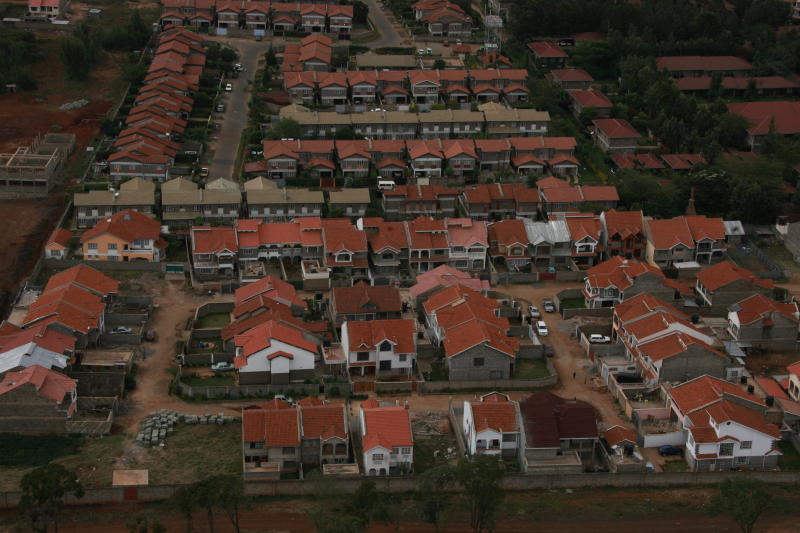×
The Standard e-Paper
Fearless, Trusted News

Joe sells bootleg movies out of a stall on a building along Moi Avenue. Before the coronavirus pandemic hit the country, when Kenyans walked around without caution, he would easily sell about 200 movies, making enough cash to pay rent for the stall.
He could easily take care of his livelihood and even send something back home.